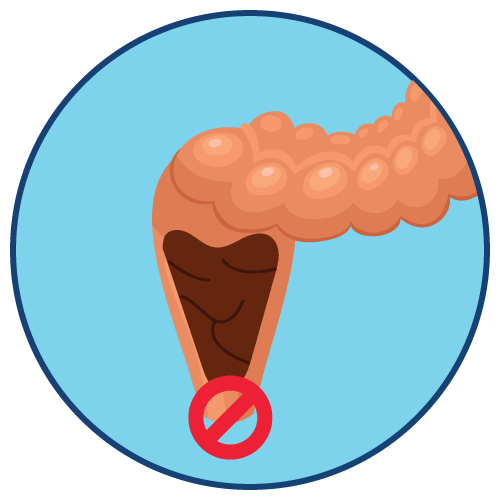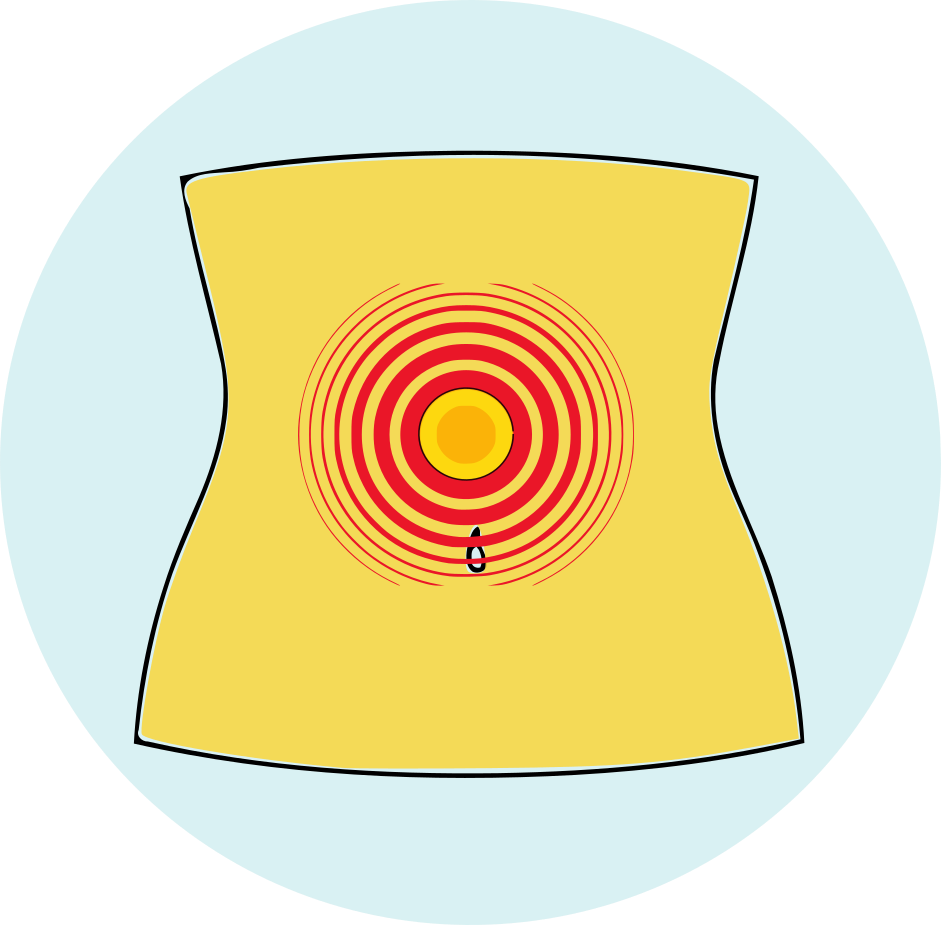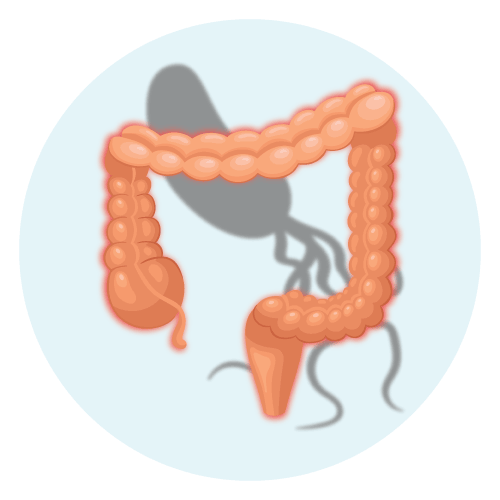Medicine details
| Image |  |
| Name | Imotil |
| Dosage | Capsule |
| Generic Name | Loperamide |
| Classes |
Gastrointestinal Agent Antidiarrheal |
| Diseases |
Diarrhea Gastrointestinal Disease |
| Company | Square Formulations Ltd. |
Drug Package Details
| Strength | 2 mg |
| Storage Condition | |
| Origin Country | Bangladesh |
| Commercial Pack | 200 |
| Price per pack | ৳ 200.00 |
| Cost per pack | ৳ 176.00 |
| Package unit | 10 caps strip |
| Price per unit | ৳ 1.00 |
| Cost per unit | ৳ 0.88 |
| Discount | 0 |
| Coupon | |
| Remarks |
Loperamide
Loperamide slows the passage of food through the intestines. It lowers daily fecal volume, improves viscosity and bulk density, and minimizes fluid and electrolyte loss.
loperamide hydrochloride is used to treat acute nonspecific diarrhea in children 2 years of age and older, as well as chronic diarrhea in people with inflammatory bowel disease.
Acute diarrhea: Adults and pediatric patients aged 13 and up should take 4 mg (two capsules) at first, then 2 mg (one capsule) after each unformed stool. The daily maximum dose is 16mg (eight capsules). Within 48 hours, clinical improvement is frequently visible.
Pediatric Patients 2 to 12 Years of Age: In pediatric patients aged 2 to 5, the age range is 2 to 12 years (20 kg or less),For ages 6 and up, the non-prescription liquid formulation (Loperamide A-D 1 mg/5 mL) should be used. Loperamide Capsules or Loperamide A-D Liquid can be used up to 12 times. Pediatric patient of 2 to 12 years old should take the capsules or liquids according to the schedule below.
Dosage Schedule for the First Day:
1 mg three times daily for children aged two to five years (13 to 20 kg) (3 mg total daily dosage)
2 mg twice daily for children aged six to eight years (20 to 30 kg). Total daily dosage: 4 mg
8–12 years (more than 30kg): 2 mg three times a day (6 mg total daily dosage)
Dosage Recommendations for Subsequent Days:
Following the initial treatment day, additional Loperamide dosages (1mg/10 kg body weight) should only be given if a loose stool is present. For the first day, the total daily dosage should not exceed the suggested levels.
Chronic Diarrhea
Adults:
The suggested starting dose is 4 mg (two capsules), followed by 2 mg (one capsule) after each unformed stool until diarrhea is controlled, at which point the Loperamide dosage should be lowered to fit individual needs. Once the ideal daily dosage has been determined, it can be given as a single dose or divided into several doses. In clinical trials, the average daily maintenance dosage was 4 to 8 mg (two to four capsules per day). The daily maximum dose is 16 mg (eight capsules per day).
Side effects are relatively mild with Loperamide. But the followings can appear-
- Constipation
- Dizziness
- Abdominal pain
- Anaphylaxis and anaphylactic shock, both extremely rare allergic responses, have been reported.
- The effects of hepatic impairment on loperamide pharmacokinetics have not been investigated. In such patients, utilize Loperamide with caution because the systemic exposure to loperamide may be increased due to decreased metabolism. Patients with hepatic impairment should be cautiously monitored for evidence of CNS toxicity.
- If you notice blood in your stools, or if you develop a fever or abdominal distention, call your healthcare professional.
Contraindication
Contraindicated in patients with hypersensitivity to loperamide.
There's no contraindications of loperamide in terms of food and drinks.
Loperamide is contraindicated in the following conditions-
- Pseudomembranous colitis
- Dysentery
- Enterocolitis
- Abdominal pain (without diarrhea)
- Patients less than 2 years





 Bangla
Bangla English
English